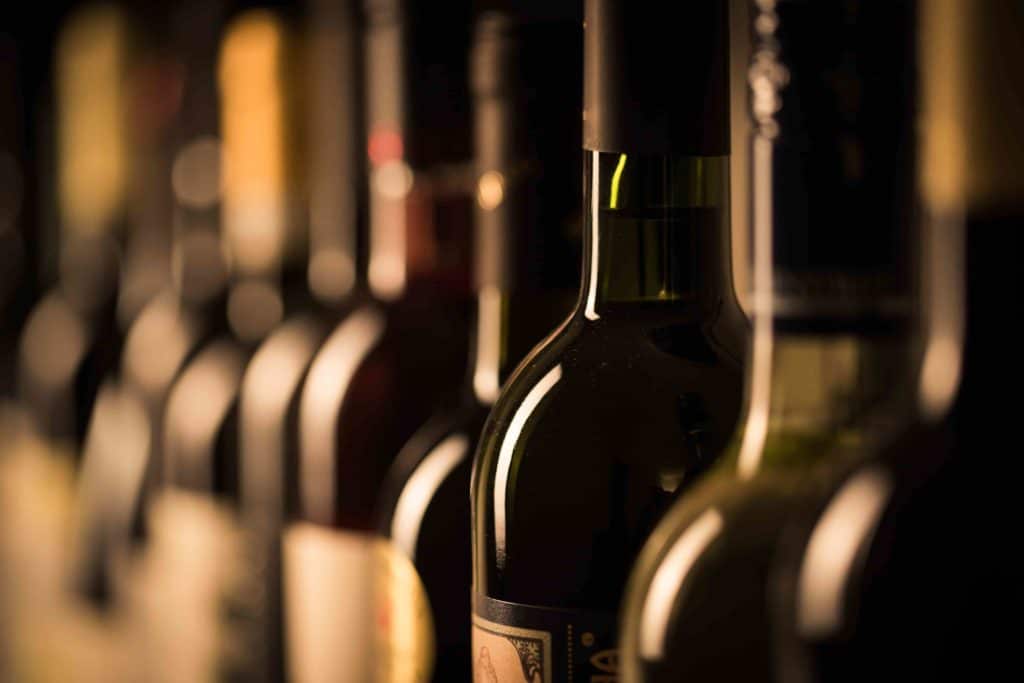There is a lot of buzz about natural wines at the moment. Consumers today look for ethical products. They want to know that their products are responsibly sourced with minimal impact on the planet.
The wine industry is no different, but where does ‘natural wine’ fit in? Ideal Wine Company explains what is meant by the term – and if these wines live up to the hype.
What are natural wines?
To most casual drinkers, surely all wines are natural. After all, they’re made from grapes! Well, that much is true, but natural wines are a little different. Essentially, the term is used to describe wines that are made without additives.
In many ways, the wine making process is like any other kind of farming. Winemakers and producers use herbicides, pesticides and fertilisers to protect their crop and increase yield. Natural wine is made from grapes that haven’t been treated in this way. They’re also free of any flavourings and the yeast usually added to force fermentation.
Are natural wines just another fad?
Natural wines go back to a traditional method of winemaking that has been around for a long time. Making wine using nothing but grape juice and manual labour is simply the way that wine has been made for millennia. In that sense, there’s nothing new about it.
What is relatively recent is the shift in the consumer market. There is a growing trend towards products that are sustainable and more ethical. Natural wines fit the bill for many customers who want a luxury item that doesn’t harm people or the planet.
Of course, there is always hype around these kinds of trends. Many natural wine producers claim the wine tastes better, is ‘purer’, and more ‘alive’. These kinds of claims are completely subjective of course. The only way to decide is to try a few for yourself.
Where to start with natural wines
The world of natural wines can be confusing. Many of the makers are small scale, and have a low profile. These small, quirky labels all add to the hipster vibe around natural wines, but that doesn’t mean they can’t be serious too. Here are three we recommend you try:
- Marigny, 2018 Pinot Gris Carbonic Maceration
We’ve talked about orange wines before on this blog, but this one is well worth investigating. The Marigny, 2018 Pinot Gris Carbonic Maceration may have a slightly alarming name, but maceration just refers to fermenting grapes in a sealed tank. And the flavour of this Oregon tipple is definitely not alarming. Expect a beautiful orange wine with hints of citrus.
- Las Jaras Glou Glou
You’ll hear the French term ‘glou-glou’ a lot in natural wine circles, which is a term referring to the kind of wine you knock back without too much thought. Las Jaras Glou Glou is in that tradition of easy drinking, but it’s well worth taking the time to appreciate too.
- Ramato Pinot Gris
Donkey and Goat’s 2017 Ramato Pinot Gris is a gorgeous natural wine made in California. The grapes are grown on a biodynamic farm and produce a depth of that will stay with you for a long time.

